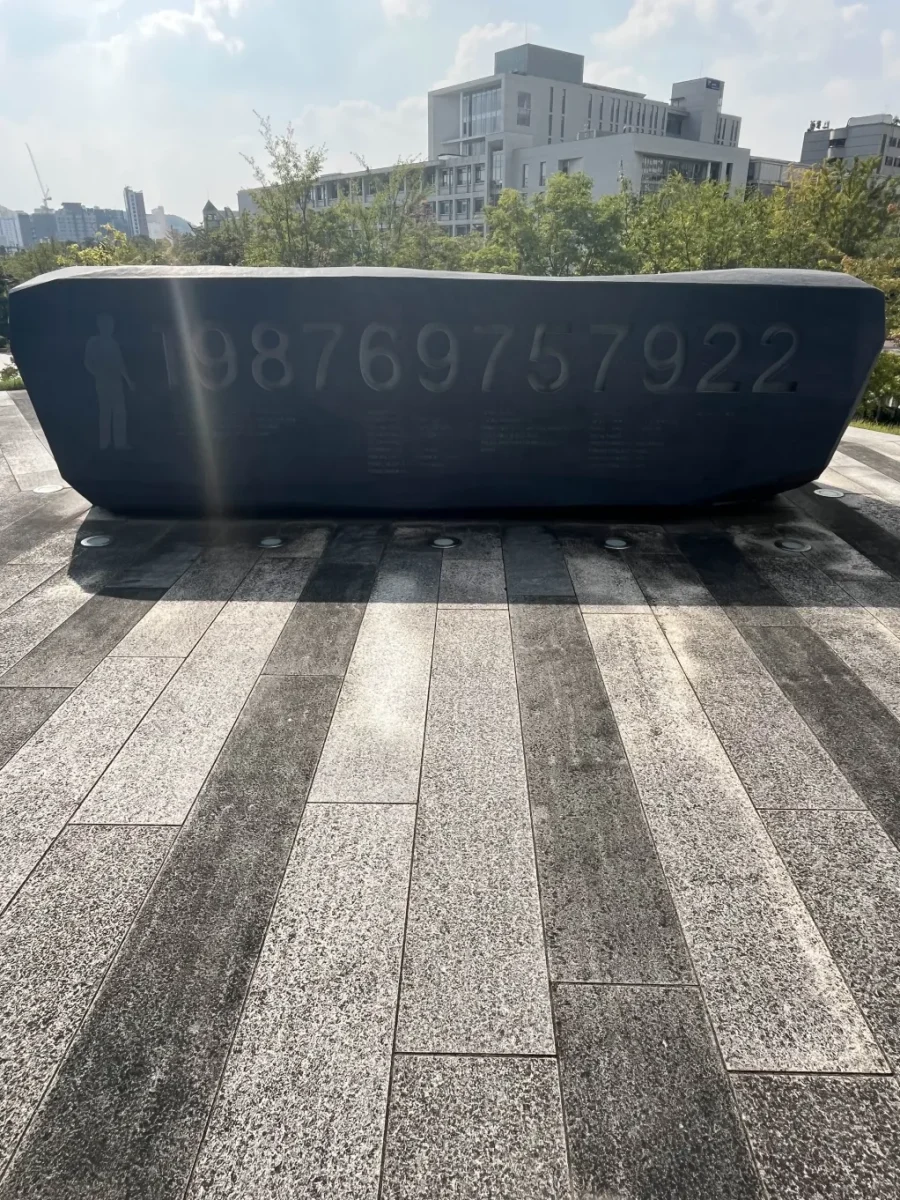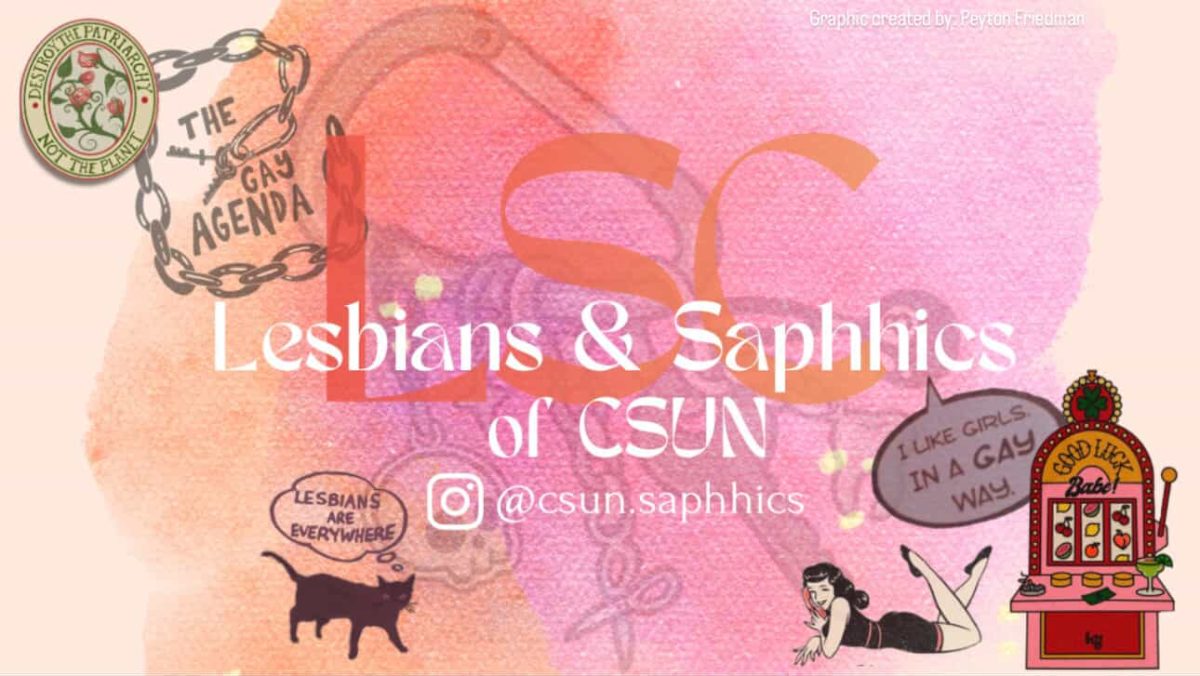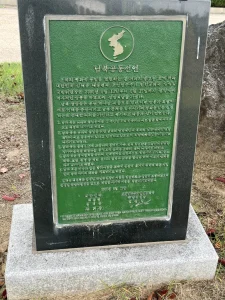
CSUN student Jay Kuklin, 25, is a senior journalism student spending the fall 2024 and spring 2025 semesters studying abroad in Seoul, South Korea.
What attracted Kuklin to study abroad was a Modern Japanese Culture by Professor Drake Langford about modern Japanese culture. However, after missing the application deadline, Kuklin chose South Korea as the second option, which they considered to be similar in a way to Japan.
Kuklin described similarities between Seoul and Los Angeles, “Basically, what interested me in South Korea is how similar the city of Seoul is to Los Angeles in its own way like the air. The air is kind of similar to Los Angeles,” Kuklin explained. Despite South Korea being less progressive than Los Angeles, he still felt that Seoul was an area where he would feel safe due to his identity as a disabled queer American citizen.
On the process of being able to study abroad, Kuklin said, “It is a very long process because it requires having to fill out so many applications like for example on the application through California State University International Programs (CSU IP) for South Korea, you get to choose between Yonsei University or Korea University.”
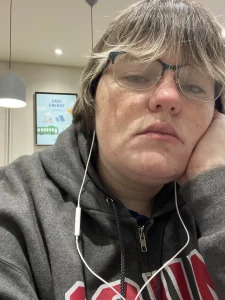
Kuklin selected Yonsei University because it allowed him to learn Korean. While Kuklin thought CSU IP could use some improvement in communication, they were very beneficial in aiding him while studying in Korea when it came to scholarships and financial aid.
CSU IP told Kuklin that he could stay in Korea for either an entire semester or an entire academic year, so he chose to stay the whole year and is seeing it through.
Yonsei University, where Kuklin is attending, is one of the oldest Christian universities in South Korea and is one of the highest-rated universities in South Korea and Asia. It is part of a trio called SKY, made up of Seoul National University, Yonsei University, and Korea University. Two out of the three universities, Yonsei and Korea, have a connection with CSUN and the California State University system. The course scheduling is minimal in terms of the subjects one can take, one is also limited in the major one chooses at the time of the application.
On the language that is used during his classes, “About 75% of my classes are in English, the only one that is not in English is obviously my Korean class because you have to learn Korean. I took English because It was what I could understand and so I can understand my teachers and my classmates better,” said Kuklin.
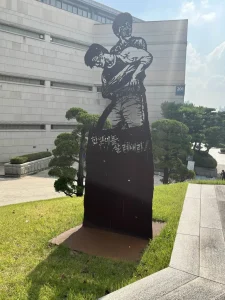
Kuklin is also taking an eclectic but enriching set of classes which include 17th-century English poetry, Korean and Korean US relations and Korean Culture and Popular Life which focuses on popular culture in Korea.
What is also very important for both visitors and students is the food situation, “that was the first thing I noticed when I came to Seoul is that all of their food and their drinks are very reasonably priced, even compared to places like Los Angeles or even New York for that matter,” Kuklin said.
On his major, “I’m basically just there to explore how different Korea is in comparison to America. But my sub-interest in journalism is international affairs as well as foreign policy. So I think taking a class on Korea-US relations actually helps. It helps me get a better perspective on how the US can improve its relationship with South Korea, especially now during the 2024 election,” Kuklin said.
Kuklin also offered advice for students who are interested in studying abroad, “The advice that I would give to people in the CSU in general, not just in CSUN, if they’re interested in studying abroad in South Korea, really, really take the time to get to know the country before you set out. Because that is the most important thing when it comes to studying in a new country,” said Kuklin.
Kuklin will return to the United States on June 23, 2025, but take a few weeks off to visit family for the holidays. He is expected to graduate in May 2026.
